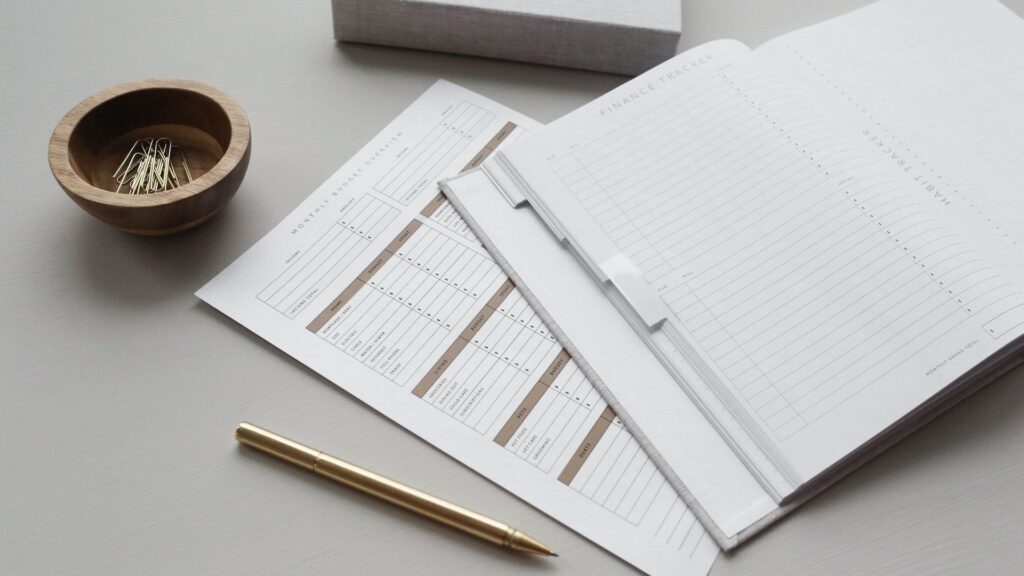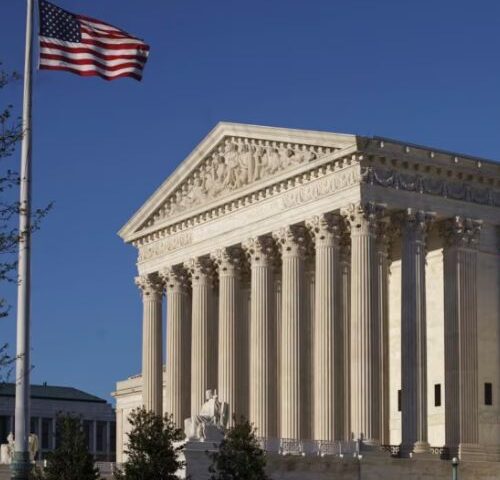Being a landlord can be a great investment, but you will also encounter some financial obstacles that can cost up to thousands. Fortunately, there are some strategies that landlords can use to save money without compromising on the quality of their rental properties.
More than half (56%) of all landlords in a government survey owned 5 or more properties. This can lead to a huge amount of profit but also a lot of outgoing expenses. In this article, we explore some practical tips on how you can effectively save money as a landlord.
Efficient Property Maintenance
One of the most effective ways to save money as a landlord is to prioritise efficient property maintenance. Regularly inspecting and addressing maintenance issues can prevent minor problems from turning into big, costly repairs or renovations.
Simple tasks like fixing leaky faucets, repairing damaged tiles, and maintaining heating systems can prevent larger issues and reduce long-term repair expenses. Creating a preventative maintenance schedule can help you stay on top of property upkeep, extend the lifespan of appliances and fixtures, and minimise unexpected repair costs.
Energy Efficiency Upgrades
Investing in energy-efficient upgrades for your rental property can add up to huge cost savings over time. Consider installing energy-efficient lighting, thermostats, and insulation to reduce utility bills and attract eco-conscious tenants.
Upgrading to double-glazed windows can improve energy efficiency and reduce heating costs. Fitting energy-efficient appliances such as dishwashers and washing machines can appeal to prospective tenants and enhance the property’s overall value.
Negotiate Service Contracts
As a landlord you may need to pay for services such as gardening, waste removal, or property management. You can save money by negotiating contracts with service providers. Shop around for competitive rates and consider bundling services for potential discounts.
Building a good relationship with reliable contractors can also lead to better rates for maintenance and repairs. Always request multiple quotes for significant projects to ensure you get the best value for your money.
DIY and Self-Management
While you absolutely have to comply with safety regulations and ensure that repairs are carried out professionally, some minor maintenance tasks can be handled through DIY. Simple tasks like painting, replacing handles, or fixing minor plumbing issues can save you money on labour costs.
You could also consider self-managing your property if you have the time and expertise. Managing the property yourself can eliminate the need for a letting agent’s fees, saving you a significant percentage of the rental income.
Tenant Retention and Communication
High tenant turnover can lead to increased costs, such as advertising for new tenants, conducting background checks, and potential periods of vacancy. If you have a good relationship with your tenants, you can reduce these costs.
Maintaining open communication with your tenants and addressing their concerns as soon as possible can make them more likely to stay with you. By building a positive landlord-tenant relationship, you increase the likelihood of tenants renewing their leases.
Mortgage and Interest Rates
Regularly review your mortgage and interest rates to ensure you are getting the best deal possible. Refinancing your mortgage or getting a remortgage or switching to a different lender if you find a better rate can save you money on monthly repayments.
However, keep in mind any early repayment fees or other costs associated with refinancing. Ask for advice from a mortgage broker to determine the most cost-effective options for your specific circumstances.
Insurance Policies
Review your landlord insurance policies regularly to ensure they provide adequate coverage at the best rates. While you need to have comprehensive coverage for potential risks, paying for unnecessary or overlapping coverage can be costly.
Consider bundling multiple properties under a single insurance policy to potentially qualify for discounts. Always compare quotes from different insurance providers to find the best value for your coverage needs.
Tax Deductions
As a landlord in the UK, you are eligible for various tax deductions that can help reduce your overall tax liability. Keep detailed records of all expenses related to your rental property, including mortgage interest, property maintenance, insurance, and property management fees.
These deductions can be offset against your rental income, reducing your taxable profits and ultimately saving you money on your tax bill. Check on the government website or consult an advisor or accountant if you need more information.
Long-Term Rental Strategies
While short-term rentals may generate higher income during peak seasons, they can also be more expensive to manage due to higher turnover rates and marketing costs. Consider focusing on long-term rental strategies to secure stable, reliable tenants.
Long-term tenants are more likely to treat the property as their home, reducing the risk of property damage. By renting long-term, you also cut the time and costs associated with finding new tenants.







